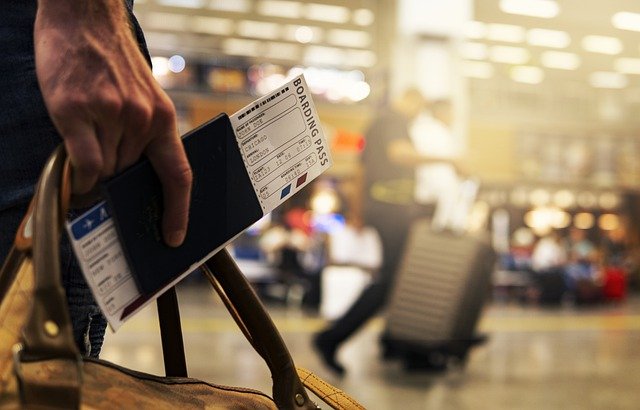The incoming border reopening may be positive news for New Zealand tourism, but some workers say it has arrived too late to justify a return to the industry.
Nicole Mathis, 23, was geared up for a career in tourism. She obtained a Level 5 Diploma in Adventure Tourism, studying at both Toi Ohomai Rotorua and the Nelson Marlborough Institute of Technology before starting work as a mountain hiking guide in 2019.
“My workplace really did everything they could to keep us on,” says Nicole.
“We were much luckier than a lot of other tourism places. We had a great relationship with iwi, so we were given maintenance work to do while we couldn’t fully operate.
“But because of the reduced hours I was only earning $200 to $300 a week, which wasn’t enough to live on. I had to leave my job at the end of 2020.”
Nicole says she had big plans for her tourism career and hoped to continue working in the New Zealand industry, as well as overseas.
When asked what a tourism provider could offer to get her to return to the industry, Nicole answered “probably nothing”.
“I’m now in the middle of a sport and recreation degree and wouldn’t want to change careers again after investing my time into this.
“I know people who had enough passion for the tourism industry to wait for COVID to end.
“My passion is showing people the outdoors and seeing people enjoy new experiences, so I’m pursuing a career that will allow me to do this with a bit more certainty and stability.”
Nicole says many of her tourism classmates and colleagues either left the industry or are pursuing tourism careers overseas – but she knows very few who stayed working in New Zealand tourism.
Tourism Industry Aotearoa reports that on average, tourism businesses had a 40 per cent reduction in staff numbers due to COVID, which equates to 90,000 job losses.
TIA say removing barriers to recruiting staff from overseas when a suitable New Zealander cannot be found will be pivotal to the industry’s recovery.
“We appreciate additional measures to support the tourism industry, in particular, the government’s decision to phase in the median wage requirement for the new Accredited Employer Work Visa,” says a TIA spokesperson.
“This will give tourism operators time to get their businesses healthy again while rebuilding the workforce.”



